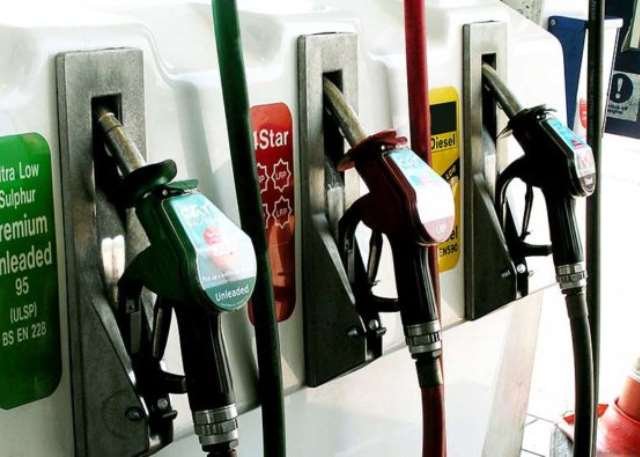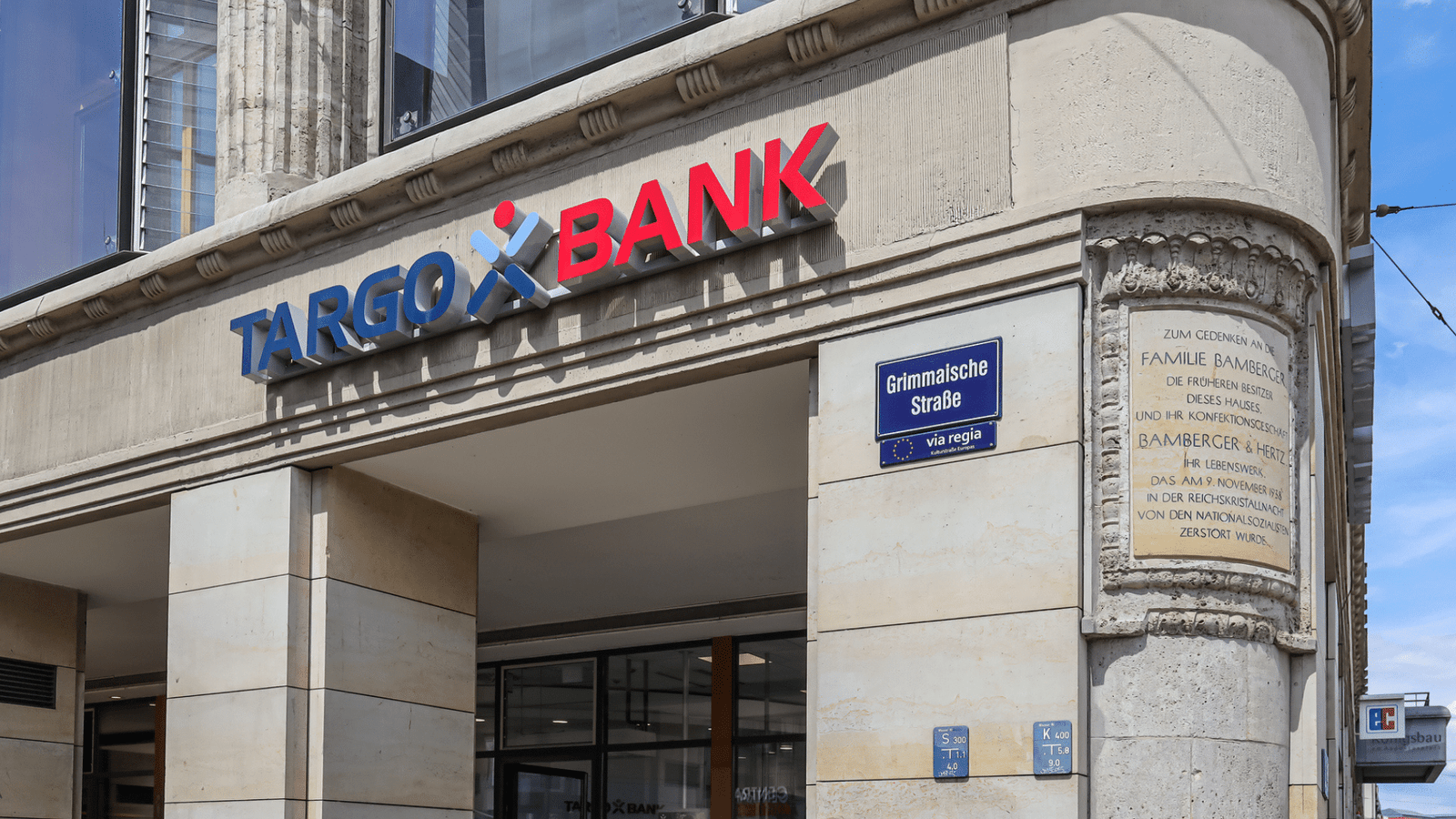Global Petrol prices play a crucial role in determining economic stability, consumer purchasing power, and industrial growth. As we enter 2025, the fluctuations in global petrol prices continue to shape national and international markets. Recently, the Nigerian National Petroleum Corporation (NNPC) announced a reduction in petrol prices, sparking discussions on its economic implications. This article critically analyzes the dynamics of global petrol prices, the factors driving NNPC’s decision, and the broader economic impact of these changes.
Understanding Global Petrol Prices in 2025
Global Petrol prices are influenced by various factors, including crude oil production, geopolitical tensions, refining costs, and government regulations. As of 2025, global petrol prices have experienced fluctuations due to:
- Crude Oil Production and Supply Chain Issues: OPEC+ nations and non-OPEC oil-producing countries significantly impact global petrol prices based on their production quotas and policies. (Read more about OPEC policies)
- Geopolitical Instabilities: Conflicts, trade restrictions, and diplomatic policies among major oil-producing nations directly affect petrol prices. (Learn about geopolitical risks)
- Economic Policies & Inflation: Inflationary trends across leading economies like the US, China, and the EU alter petrol pricing mechanisms. (IMF Inflation Reports)
- Green Energy Transitions: Increased investment in renewable energy sources has led to gradual shifts in global petrol prices as countries attempt to reduce fossil fuel dependence. (Explore renewable energy trends)
NNPC Petrol Price Reduction: Key Drivers
The NNPC’s decision to reduce petrol prices is attributed to multiple domestic and international factors. Below are some major drivers:
-
Exchange Rate Stabilization
Nigeria’s foreign exchange market fluctuations often impact fuel importation costs. With recent stabilizations in the exchange rate, import costs have dropped, enabling the NNPC to adjust petrol prices downward. (CBN Exchange Rate Policies)
-
Government Subsidy and Policy Reforms
Historically, Nigeria has struggled with petrol subsidies. The reduction in petrol prices may be part of government efforts to cushion consumers against inflationary pressures while balancing subsidy expenditures. (Nigeria’s Fuel Subsidy Policy)
-
Increased Local Refining Capacity
With new refinery projects, including the Dangote Refinery, Nigeria is boosting local refining capacity. This reduces reliance on fuel imports, thereby stabilizing petrol prices within the country. (Dangote Refinery Updates)
-
Crude Oil Price Decline
A decline in global crude oil prices automatically reflects in reduced petrol prices. The NNPC’s reduction aligns with the international market trends in 2025. (Crude Oil Price Trends)
READ ALSO: Empowering MSMEs in Nigeria: 5 Challenges, 4 Opportunities, and Growth Strategies Plus 800, 000 Businesses to Be Empowered Through Wema SMEDAN Partnership
Economic Impact of NNPC Petrol Price Reduction
The reduction in global petrol prices carries significant economic consequences across multiple sectors. Here’s how different aspects of the economy will be affected:
-
Cost of Living and Consumer Purchasing Power
Lower global petrol prices reduce transportation and logistics costs, leading to a decrease in the cost of goods and services. This improves the purchasing power of consumers, allowing households to allocate more funds to savings and discretionary spending.
-
Inflation Control
Global Petrol price fluctuations are a major driver of inflation. Reduced petrol prices can lead to lower production and distribution costs, helping to stabilize inflation rates. (Impact of Fuel Prices on Inflation)
-
Manufacturing and Industrial Growth
Industries relying heavily on fuel for operations, such as manufacturing, agriculture, and logistics, will experience cost reductions. This enhances productivity, profitability, and economic expansion.
-
Transport Sector Boost
Public and private transport operators benefit significantly from reduced petrol prices. This can lead to lower transportation fares, making commuting more affordable for the general public.
-
Government Revenue and Fiscal Policy Adjustments
While lower petrol prices benefit consumers, they may reduce government revenue from fuel levies. Policymakers must balance economic relief for citizens with maintaining fiscal sustainability. (Nigeria’s Fiscal Policy)
Challenges and Potential Risks
Despite the positive impact of lower global petrol prices, certain risks and challenges exist:
- Sustainability of Price Reduction: If crude oil prices surge or exchange rates fluctuate, sustaining lower petrol prices may become challenging.
- Budgetary Implications: Reduced revenue from fuel taxation could impact government funding for infrastructure and social programs.
- Oil Sector Investment Decline: Lower petrol prices might discourage investment in the oil and gas sector, affecting long-term economic stability.
SEE ALSO: Migrate to Canada for Free: 5 Proven Free Routes to Canada & How to Access and Apply Via the Routes to Migrate to Canada Without Spending a Fortune!
Global Oil Prices 2025 Per Countries: Latest Fuel Price Trends & Updates
Below is a table detailing the current global petrol prices per country as of 2025:
| Country | Petrol Price (per liter) |
| USA | $1.10 |
| UK | $1.85 |
| Germany | $1.90 |
| Canada | $1.50 |
| Nigeria | $0.98 |
| India | $1.20 |
| China | $1.35 |
| Saudi Arabia | $0.55 |
| UAE | $0.75 |
| Brazil | $1.40 |
| South Africa | $1.35 |
| Australia | $1.60 |
| France | $1.95 |
| Italy | $2.00 |
| Russia | $0.85 |
| Japan | $1.70 |
| Mexico | $1.30 |
| Argentina | $1.45 |
| Indonesia | $1.10 |
| Malaysia | $0.65 |
| Turkey | $1.75 |
| South Korea | $1.80 |
| Egypt | $0.90 |
| Kenya | $1.25 |
| Ghana | $1.50 |
| Spain | $1.85 |
| Portugal | $1.95 |
| Sweden | $2.10 |
| Norway | $2.25 |
| Venezuela | $0.10 |
| Colombia | $1.20 |
| Peru | $1.40 |
| Thailand | $1.55 |
| Philippines | $1.35 |
| Vietnam | $1.10 |
| Pakistan | $1.05 |
| Bangladesh | $1.00 |
| Poland | $1.70 |
| Czech Republic | $1.75 |
CHECK OUT THIS: JAMB 2025 UTME Registration – 5 Mind-blowing Info About 2025 UTME Registration & Everything You Need to Know Before the Deadline March 18th to Avoid These COSTLY Mistakes!!
Global Petrol Price Chart: Trends and Analysis
Understanding the fluctuations in global petrol prices is essential for consumers, businesses, and policymakers. As of early 2024, the average global gasoline price stood at $1.29 per litre, with significant variations across countries due to differing taxes and subsidies.
Factors Influencing Global Petrol Prices
Several key factors contribute to the variations in global petrol prices worldwide:
- Oil Production Levels: Increased oil production can lead to a surplus, driving down prices. For instance, the World Bank projected that an oversupply of oil would push down prices from an average of $80 per barrel in 2024 to $73 in 2025.
- Demand Fluctuations: Economic slowdowns or shifts towards alternative energy sources can reduce demand for petrol, influencing prices.
- Geopolitical Events: Conflicts and political instability in oil-producing regions can disrupt supply chains, leading to price volatility.
- Currency Exchange Rates: Fluctuations in currency values can impact the cost of importing oil, affecting domestic global petrol prices.
Visualizing Global Petrol Price Trends
For a comprehensive understanding of how global petrol prices have evolved over time, interactive charts and tools are invaluable. Platforms like Informed Sources offer interactive petrol price graphing tools that allow users to select specific countries, cities, and fuel types to view daily average prices.
Additionally, Trading Economics provides historical data and forecasts for gasoline prices, offering insights into past trends and future projections.
READ ALSO: Nigerian Education Loan Fund: See 6 Eligibility criteria, 4 Amazing Steps on How to Secure Interest-Free Student Loans and Achieve Financial Freedom in School, & 10 Top Benefiting States So far in Nigeria
Global Petrol Price Comparisons
As of early 2024,global petrol prices varied widely across different countries:
- Iran: $0.029 per litre
- Libya: $0.031 per litre
- Venezuela: $0.035 per litre
- Nigeria: $0.722 per litre
- United States: $0.911 per litre
- Brazil: $1.150 per litre
- India: $1.252 per litre
These disparities are primarily due to varying taxation policies, subsidies, and local economic conditions.
Staying informed about global petrol price trends is crucial for making economic decisions, whether you’re a consumer planning your budget or a business strategizing for the future. Utilizing interactive tools and keeping abreast of geopolitical and economic developments can provide valuable insights into the ever-changing landscape of global petrol prices.
SEE ALSO: Earning from a Blog: 7 Easiest Tricks on How to Make Money Blogging in 2025, Blog Monetization, How to Create and Sell Digital Products & E-books Plus Platforms to Sell Without Loss
What is the Petrol Price in the UK: Current Rates and Trends
As of February 24, 2025, the average petrol price in the United Kingdom was 139.62 pence per litre. This reflects a decrease compared to the same period last year, aligning with global trends of reduced fuel prices.
Factors Influencing UK Petrol Prices
Several factors contribute to the current petrol prices in the UK as it reflects to the global petrol prices:
- Crude Oil Prices: A decrease in global oil prices, with the average price of oil standing at $79.89 per barrel in 2024, down 3.7% compared to 2023.
- Government Policies: The UK government maintained the 5p cut to Fuel Duty for the next financial year, as announced in the Spring Statement on March 26, 2025, helping to stabilize fuel prices.
- Market Dynamics: Supermarkets and fuel retailers have been passing on government tax breaks to consumers, leading to a 14.5% decline in fuel prices to 154.5 pence per litre in 2023-24.
Regional Variations in Global Petrol Prices
Global Petrol prices can vary across different regions in the UK due to factors such as distribution costs, local taxes, and competition among retailers. Urban areas with a higher density of petrol stations may offer more competitive prices compared to rural regions.
Historical Context
The highest recorded average petrol price in the UK was 191.5 pence per litre on July 3, 2022. Since then, prices have gradually decreased, influenced by global oil market trends and domestic economic policies.
As of early 2025, UK petrol prices have seen a decline compared to previous years, influenced by global oil prices, government policies, and market dynamics. Staying informed about these factors can help consumers anticipate potential changes in fuel costs.
READ ALSO: Financial Education for Kids: 6 Amazing Money Teaching Strategies, 3 Financial Apps & Books Plus How to Teach Financial Literacy to Primary School Students -Know All on Kids Financial Education
Best Global Petrol Prices Near Me: World’s Lowest Oil Prices and Their Values
Understanding the current global petrol prices in your vicinity and how they compare globally can offer valuable insights into fuel affordability.
Current Petrol Prices in Kachia, Kaduna, Nigeria
As of February 27, 2025, petrol prices in Kaduna have been adjusted to approximately ₦860 per liter. This adjustment reflects ongoing efforts to stabilize fuel costs in the region.
Countries with the Lowest Petrol Prices Globally
Several countries offer significantly lower petrol prices due to government subsidies and abundant oil reserves:
- Iran: $0.029 per liter
- Libya: $0.031 per liter
- Venezuela: $0.035 per liter
- Egypt: $0.282 per liter
- Kuwait: $0.341 per liter
These low prices are often the result of substantial government subsidies and extensive oil reserves. For instance, Iran’s vast oil resources and government policies enable it to maintain the world’s lowest global petrol prices.
While petrol prices in Kachia, Kaduna, Nigeria, are currently around ₦860 per liter, it’s noteworthy that other countries, particularly those with substantial oil subsidies and reserves, offer significantly lower prices. Understanding these global variations can provide context to local fuel pricing dynamics.
CHECK OUTTHIS: Nigerian Naira to GBP: How to Maximize Exchange Rates, Avoid Losses, and Secure Your Finances – A Complete Guide on Exchange Trends, Policies, and Market Forces, See 4 Amazing Reasons Why Naira Gains Over Pounds, Dollars, Euros
Nigeria Petrol Prices Landing Cost Reduction: Impact on Fuel Market and Consumer Prices
Petrol prices in Nigeria have experienced notable fluctuations recently, influenced by changes in landing costs and competitive pricing strategies among key industry players. Understanding the current petrol prices and their impact on consumers is essential for economic planning.
Reduction in Global Petrol Prices and Landing Costs
As of December 2024, the landing cost of Premium Motor Spirit (PMS), commonly known as petrol, decreased by ₦36, bringing it to approximately ₦900.28 per litre. This reduction in petrol prices by 3.62% from the previous ₦936.75 per litre was attributed to lower global oil prices and the stabilization of the naira against major foreign currencies.
Competitive Pricing and Market Dynamics Affecting Global Petrol Prices
In response to the reduced landing costs, major industry players have adjusted their petrol prices and pricing strategies:
- Dangote Petroleum Refinery: In late February 2025, Dangote Refinery reduced its ex-depot petrol prices from ₦950 to ₦890 per litre, intensifying competition in the downstream oil sector.
- Nigerian National Petroleum Company (NNPC): Matching Dangote’s move, NNPC slashed its petrol prices to ₦860 per litre in early March 2025, further heightening the price war.
These competitive adjustments in petrol prices aim to capture a larger market share and provide consumers with more affordable fuel options.
Implications of Changing Petrol Prices for Consumers and the Economy
The reduction in landing costs and subsequent adjustments in petrol prices by major suppliers have several implications:
- Consumer Relief: Lower petrol prices can alleviate the financial burden on consumers, reducing transportation and operational costs.
- Economic Impact: Decreased petrol prices may lead to lower inflation rates, as transportation costs significantly influence the prices of goods and services.
- Market Competition: The ongoing price war between NNPC and Dangote Refinery could drive further innovations and efficiencies within the industry, benefiting end-users.
The recent reduction in petrol prices and landing costs, alongside competitive pricing strategies, have positively impacted Nigeria’s fuel market. Consumers are likely to benefit from more affordable petrol prices, while the economy may experience broader positive effects due to reduced transportation and production costs. Staying informed about petrol prices and market trends is essential for businesses and individuals planning their expenses efficiently.
SEE ALSO: Home Care Worker Immigration Pilots Canada: How to qualify, Apply, and complete the 12 Months Compulsory Canada Work Requirements, 10 top Canada Home Care Worker Immigration Pilots Employers, How to Reach them & Avoid Pitfalls
Conclusion: Nigeria fuel price drop & global Petrol price effect on economy
Global petrol prices in 2025 remain a key economic determinant, shaping national economies and influencing industrial growth. The NNPC’s decision to reduce petrol prices presents both opportunities and challenges for Nigeria’s economy. While consumers and businesses benefit from lower costs, government policymakers must navigate revenue management and economic sustainability carefully. The long-term impact of petrol price reductions depends on market stability, strategic government policies, and the effectiveness of local refining capacity expansion. As the global energy landscape evolves, monitoring global petrol prices and their economic effects remains essential for informed decision-making.





